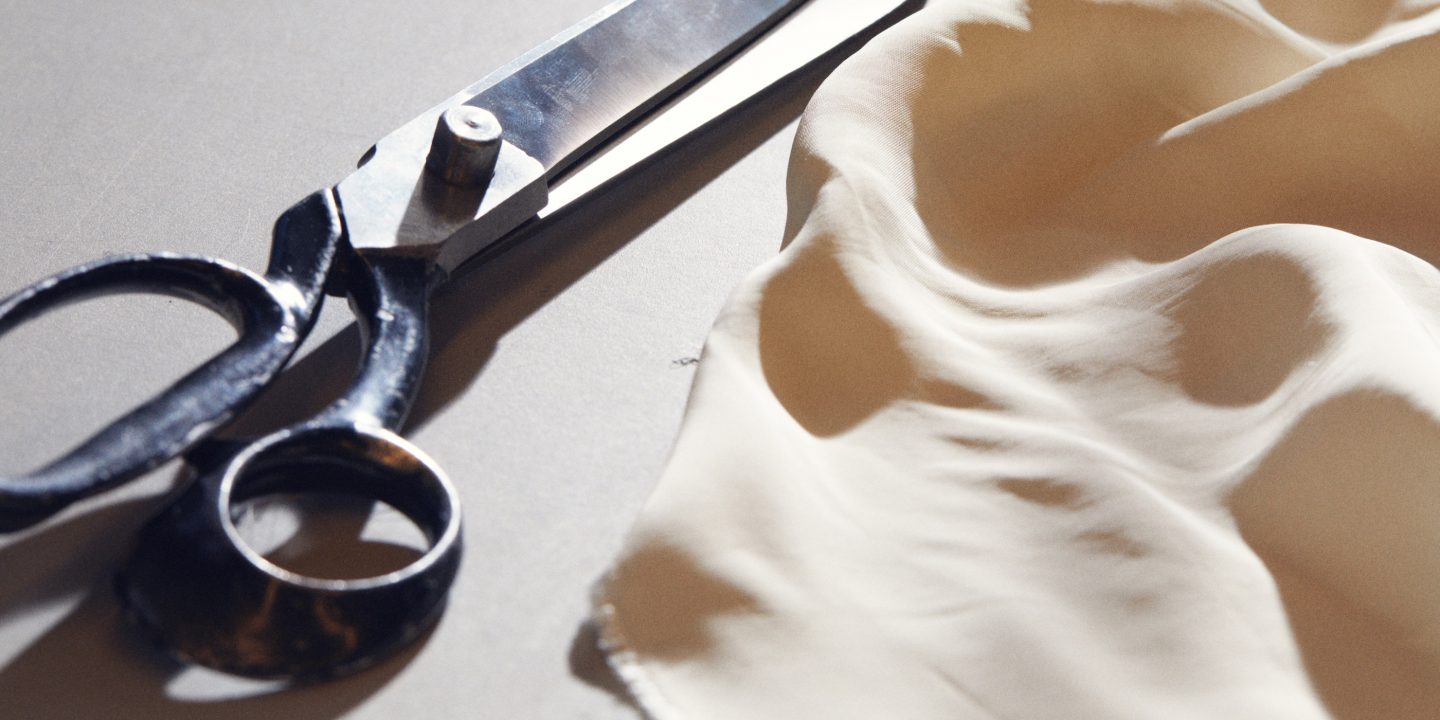
MA Fashion Studies Curriculum – Fashion Systems and Global Perspectives
As part of the curriculum of the MA Fashion Studies program, first semester students are introduced to the analysis and understanding of the fashion systems, from social, geographical and political perspectives, in the course Fashion Systems and Global Perspectives instructed by Professor Morna Laing.
The course provides students with the theoretical tools and historical knowledge to examine the global context in which the fashion system operates. Remaining true to the interdisciplinary nature of the field of Fashion Studies, students are involved in a variety of discussions, ranging from the international division of labor facilitated by capitalism to the practices of material and symbolic production, the former referencing the production of textiles and clothing from field to factory, and the latter referring to the practices of meaning-making involved in fashion.
In the process of this analysis, the historical context of power relations will be studied in order to problematize individual nations as “imagined communities”, the construction of identity in local contexts underpinned by colonialism, globalisation and neoliberalism. Having mapped out the evolution of the fashion system, students are also provided with critical tools, which enables them to look at the complexities and contradictions of “sustainable” approaches to fashion.
This past semester, having acquired a broader understanding of the fashion system, students had the opportunity to put in practice the theory learnt by developing a midterm and a final paper, which demanded them to analyze a specific case study that put in evidence the dynamics of the fashion systems. Besides this task, for their final papers, students had to focus on an image, text or spread from L’Officiel magazine’s digital archive, since they had the opportunity to work on a research collaborative project with Stefano Tonchi, Global Chief Creative Officer, and his team. Some of the topics that resulted of this analysis were the legacy of the imaginary of La Parisienne seen in the influencers of today’s social media, discourses of orientalism and otherness translated into the welcoming of Japanese designers in the Parisian fashion scene, or the influence of Hollywood in Haute Couture: we collected part of them in this article.
Drawing inspiration from L’Officiel archive once again, there’s the paper from Rhea Saad, using as case study Madame Agnés, a french modiste that can be found in the pages of the magazine during the twenties and thirties: she questions how L’Officiel was perpetuating a colonial discourse by considering Agnés’ way of presenting herself and her collections. Bethany Miller is instead moving into 1961, looking in particular at a double page from Issue 475, arguing how the two pages seem to be communicating through the layout and using the body of the woman depicted and her sexuality to sell the product.
From the seventies then, Summer Jun Chen, with her paper “The Glams of 1975”, uses two issues in particular to discuss woman depiction in photography during the feminists movements and in a globalized context. Not only women-oriented discussions, as Maria Ida De Ioanni takes the chance to talk about the depiction of men through the means of the fashion magazine, in a paper called “Les Hommes before L’Officiel Hommes”: it wants to underline the mis- and under-representation of the French man before the man-dedicated issue of L’Officiel, highlighting how fashion media perpetuated the gap and the belief that the female and male fashion should always exist in two different contexts.
Treonna Turner has decided instead to work on the magazine Ebony, and entitled her work “The Ebony Fashion Fair. A look into how Black magazines have changed the outlook of fashion for the African Diaspora”: she focuses her analysis in the sixties and seventies in particular, discussing how during these decades Ebony Magazine created, for the the African Diaspora, an alternative fashion system to challenge and restructure how Black professionals were portrayed in print media. Creating new cultural intermediaries, editorial positions, supermodels and a new fashion show system.